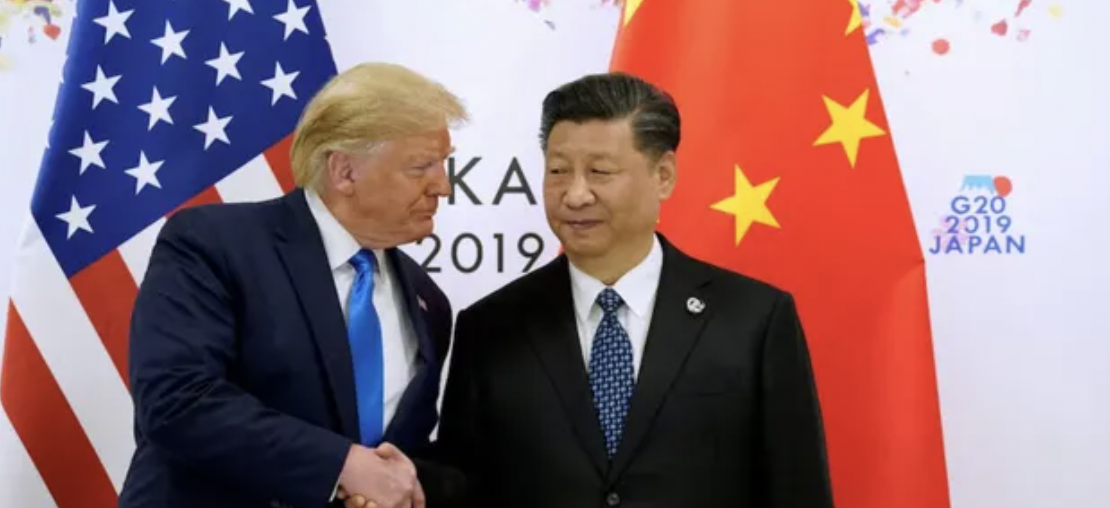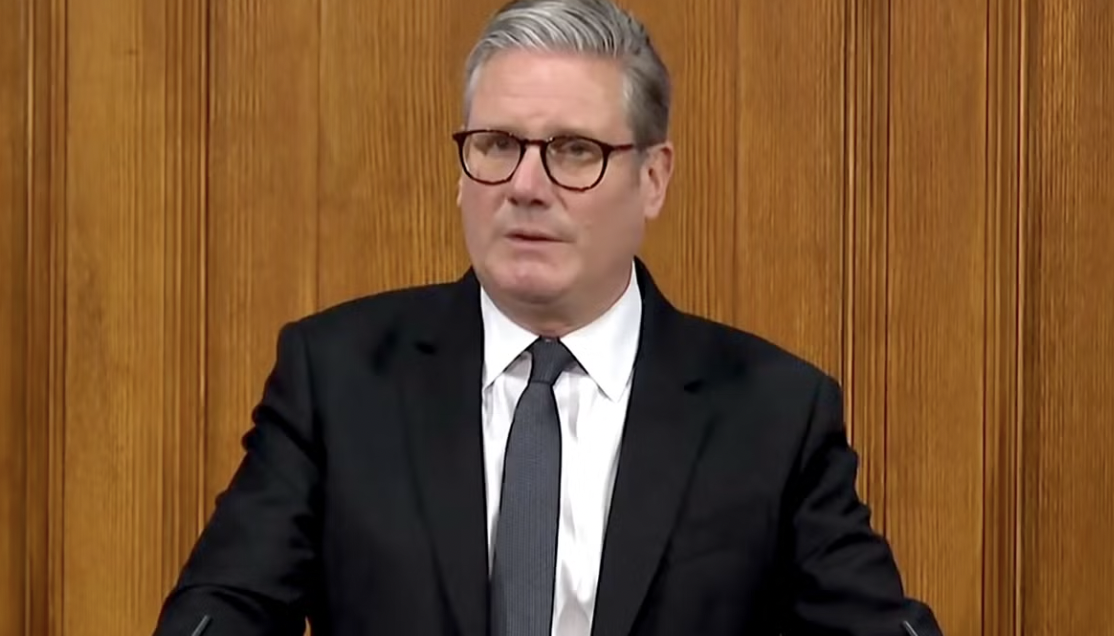India and Pakistan Agree to Immediate US-Brokered Ceasefire Amid Kashmir Escalation
India and Pakistan have agreed to an immediate ceasefire following a rapid escalation in hostilities, particularly in the disputed region of Kashmir. The agreement, brokered by the United States, was announced on Saturday and hailed by international leaders as a vital step toward stabilizing the region.
US President Donald Trump confirmed the truce in a public statement, crediting Vice President JD Vance and Secretary of State Marco Rubio for their roles in securing the breakthrough. “Both India and Pakistan have agreed to halt all offensive operations with immediate effect,” President Trump stated. “We commend their decision to prioritize peace.”
The ceasefire follows a series of deadly exchanges that erupted after a terrorist attack in the Pahalgam area of Indian-administered Kashmir on April 22, which left 26 civilians dead. India blamed the Pakistan-based militant group Lashkar-e-Taiba and launched retaliatory strikes under what it dubbed “Operation Sindoor.” Pakistan responded with “Operation Bunyan Ul Marsoos,” targeting Indian military infrastructure.
The tit-for-tat strikes over the past two weeks have resulted in significant civilian casualties on both sides, with estimates placing the death toll at over 60. Thousands of residents were displaced, and both countries closed their airspaces to commercial traffic, triggering widespread flight disruptions.
Celebrations erupted in parts of Pakistan following the ceasefire announcement, particularly in Hyderabad, where citizens expressed relief after days of fear and uncertainty. Pakistani Deputy Prime Minister and Foreign Minister Ishaq Dar confirmed that the ceasefire was effective immediately and emphasized Pakistan’s commitment to de-escalation.
Despite the official statements, tensions remain high. Reports from the region suggested fresh explosions and shelling in Kashmir just hours after the truce was declared, with both countries accusing each other of violations. While these reports have not been independently verified, they cast doubt on how firmly the agreement will hold.
Global leaders from the UK, Saudi Arabia, Turkey, and China have joined calls for restraint, urging both nations to maintain open communication and resolve their differences through diplomatic channels. Analysts warn, however, that while the ceasefire may pause active conflict, it does not address the deeper, unresolved issues at the heart of Indo-Pakistani relations.
As both nations navigate this fragile peace, the world will be watching closely to see whether the ceasefire marks the beginning of a new chapter — or a temporary lull in an enduring and dangerous rivalry.


 Crime6 months ago
Crime6 months ago
 Business6 months ago
Business6 months ago
 Crime6 months ago
Crime6 months ago
 Politics6 months ago
Politics6 months ago
 Business6 months ago
Business6 months ago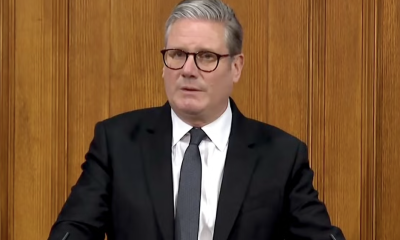
 News6 months ago
News6 months ago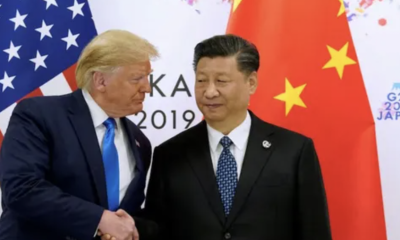
 News6 months ago
News6 months ago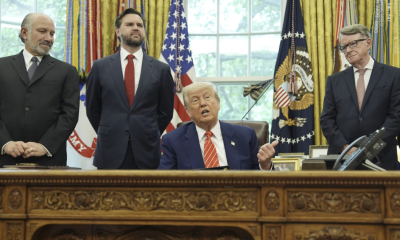
 News6 months ago
News6 months ago

